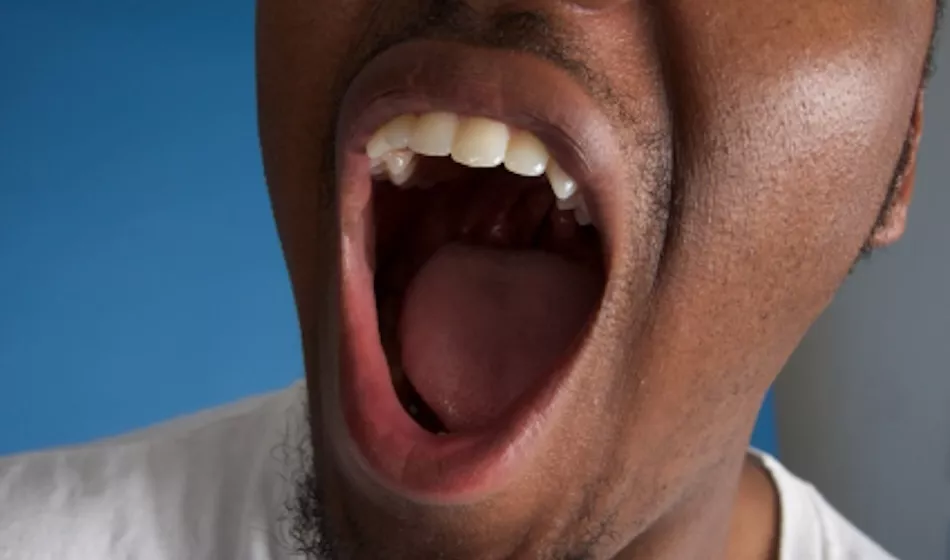Everyone will snore at a certain point in their lives either due to age, obesity, genetics, and sleep posture. Establishing your reason for snoring is crucial if you want to stop snoring. This is because snoring could also indicate an underlying health condition. Besides disrupting your partner’s sleep, snoring could cause more harm than good to your oral health. One of the ways snoring affects your mouth is by causing dry mouth.
HOW SNORING CAUSES DRY MOUTH
When you snore, you breathe with your mouth open, resulting in a dry mouth. A dry mouth implies a lack of salivary flow to keep your mouth moist. Since saliva is a cleaning agent, an inadequate flow will result in bacteria buildup in the mouth. Mouth acidity will also increase, further promoting bacterial multiplication and activity.
If you fail to brush your teeth before bedtime, bacteria will feed on the food debris and release acids, corroding your teeth enamel, and exposing your teeth to decay. The bacterial activity can also cause mouth sores and gum disease characterized by red, swollen, and at times, bleeding gums. This explains why if you snore, you always wake up with bad breath.
HOW TO REDUCE THE EFFECTS OF A DRY MOUTH FROM SNORING
If you snore at night, you should disclose this to us during your regular dental visits. We will then do a sleep study to find out the cause of your snoring. Afterward, we will recommend treatment, including surgical procedures to clear your airways and prevent snoring.
We will also recommend behavioral changes such as cutting back on alcohol before bedtime and adjusting your sleep position. Since snoring causes dry mouth, we will recommend good oral hygiene to keep your oral health intact and prevent a dry mouth’s adverse effects. For more details on snoring and oral health, contact our office today.

